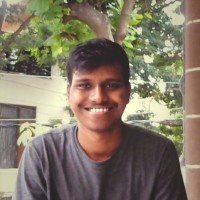
Pratik Katte
Graduate Student @ Corbett-Detig Lab
Interested in Generative AI and Phylogenetics
Email.
LinkedIn.
Github.
Twitter.
Projects
- Large Language Model and Tree-sequences
- Interactive Dashboard for Wastewater Pathogen Surveillance
- StructHunt
- XraySetu
- Niramai Fever Test
- Niramai Thermal Capture Tool
- Rewind (startup)
Tree-sequence analysis and visualization using LLM
Interactive Dashboard for Wastewater Pathogen Surveillance
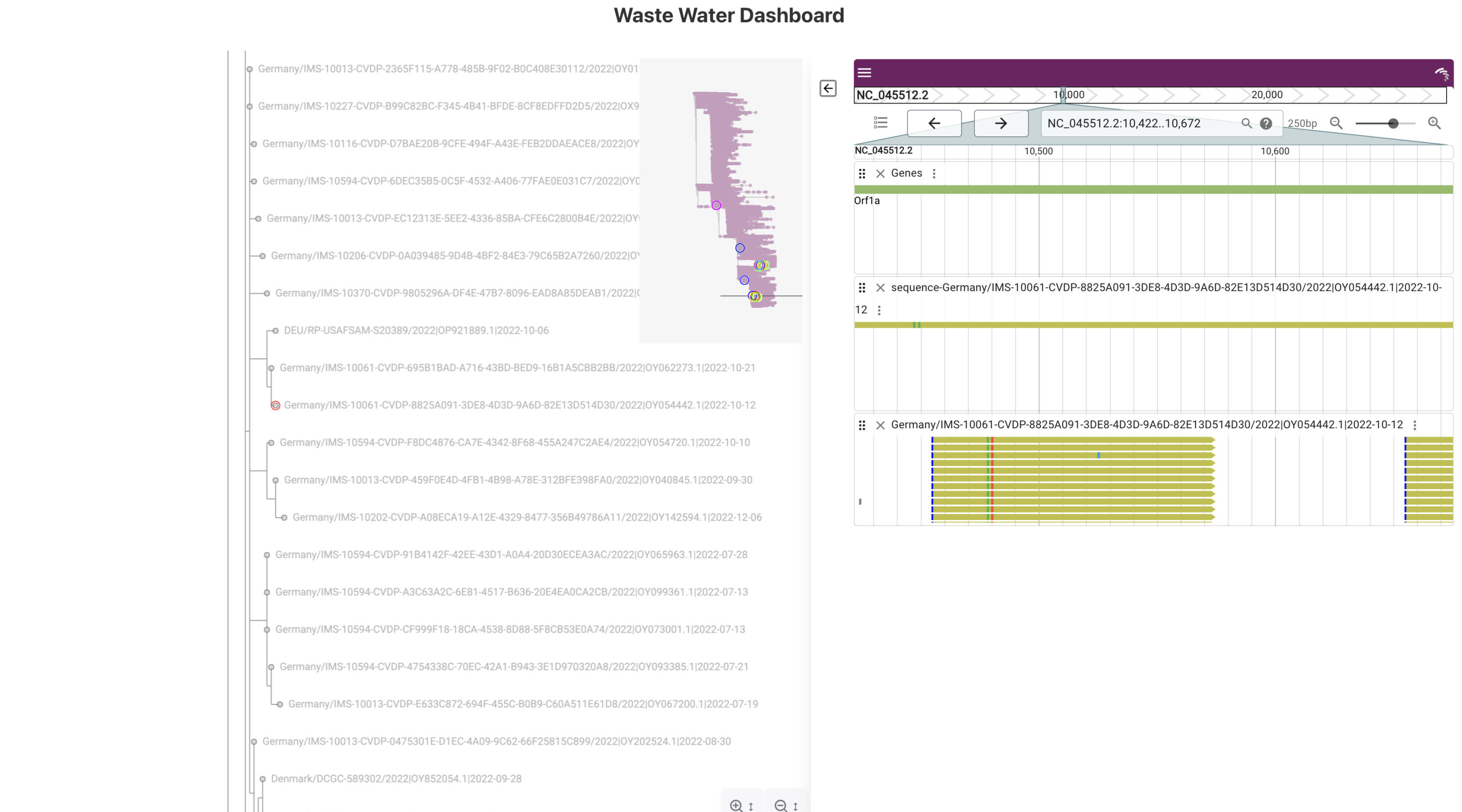
StructHunt - LLM Powered Tool to Rapidly Incorporates Latest Biomolecular Research into RCSB PDB
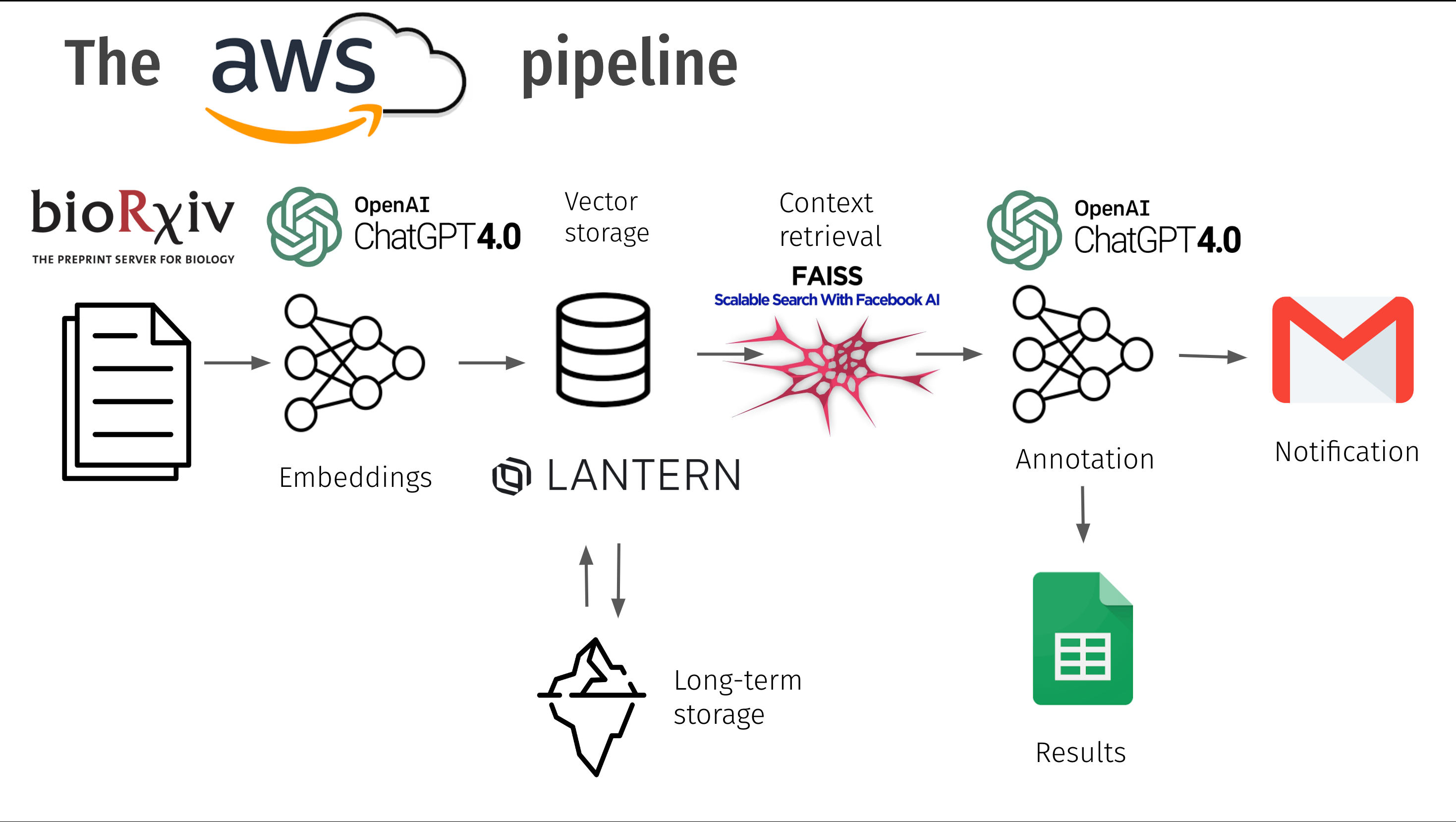
XraySetu - AI driven Xray Interpretion for Doctors via Whatsapp
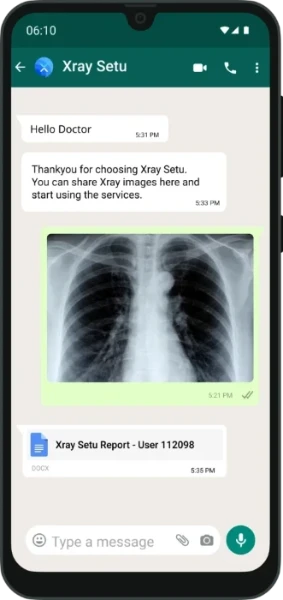
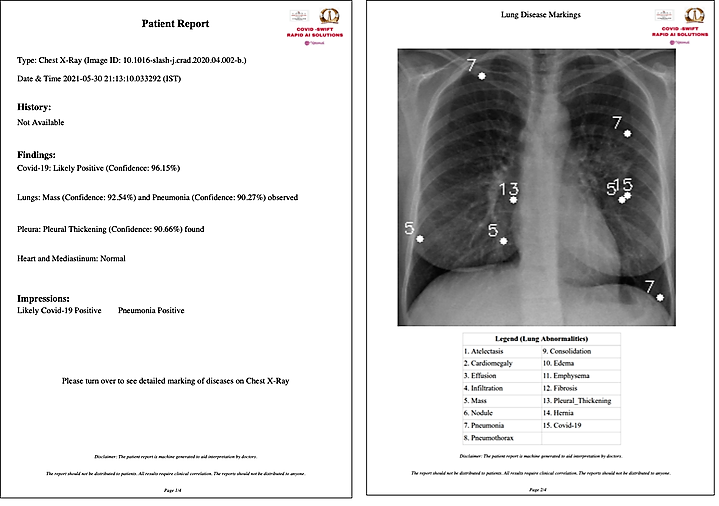
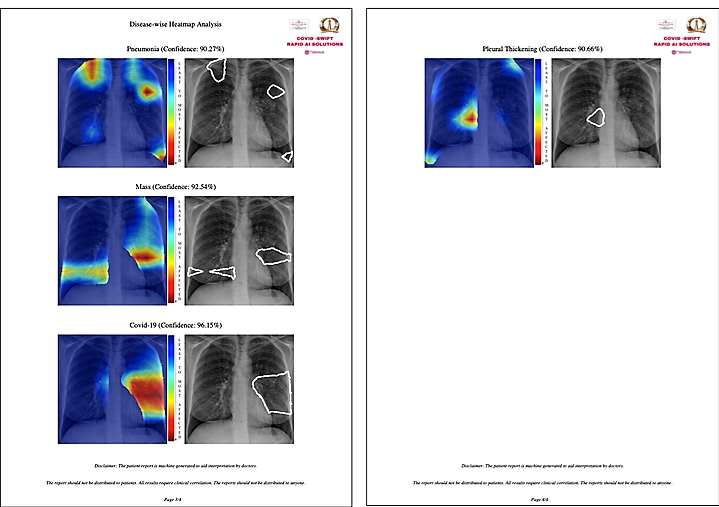
Nirmai Fever Test - Simple screening for COVID symptoms

Niramai Thermal Capture Tool
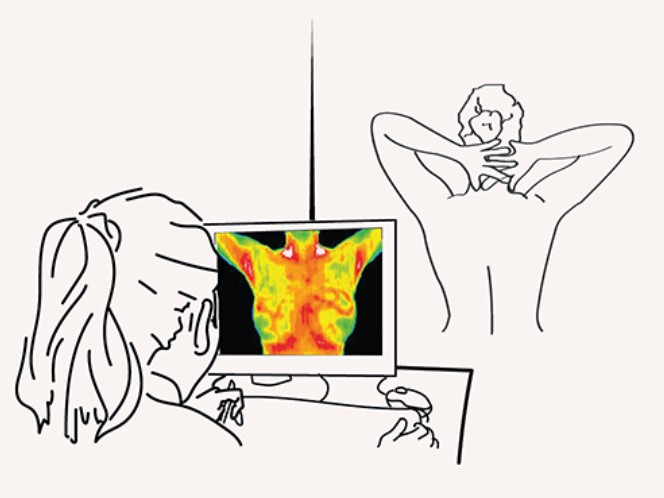
I lead the development of the Niramai Thermal Capture Tool, a desktop application used by hospital technicians for capturing thermal breast images and seamlessly uploading vital data to the Thermalytix website.
This tool was meticulously designed to empower technicians, allowing them to conduct essential preliminary checks before commencing image capture. Moreover, it plays a pivotal role in ensuring technicians adhere meticulously to Niramai's specialized screening protocol for diagnosing breast cancer.
By leveraging a sophisticated amalgamation of image processing algorithms and cutting-edge AI models, this tool reflects my vision to equip technicians with robust resources for conducting comprehensive initial assessments, revolutionizing the early detection and diagnosis of breast cancer.